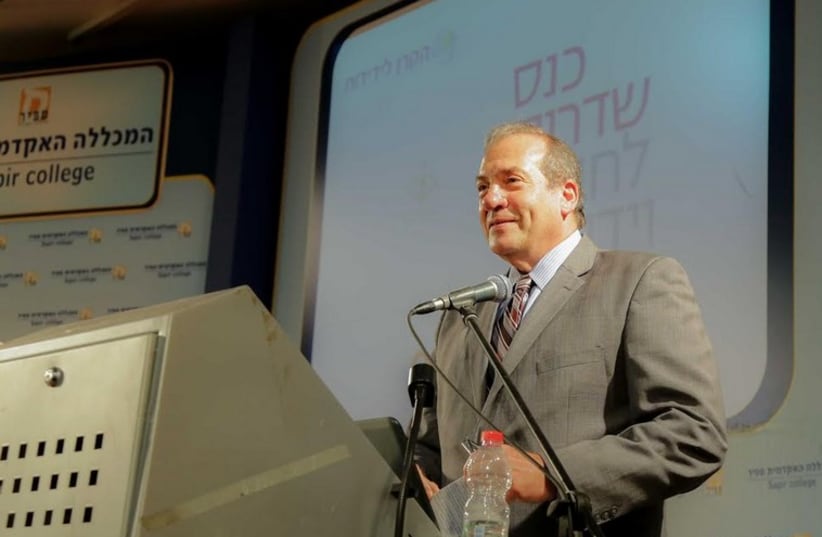Growing rift between poor and financially stable sectors of Israeli society, IFCJ survey finds
"Poverty in Israel is perceived as a problem of the poor and not as a significant threat to society,” said Rabbi Yechiel Eckstein, founder of the IFCJ, “these figures are a warning sign."
